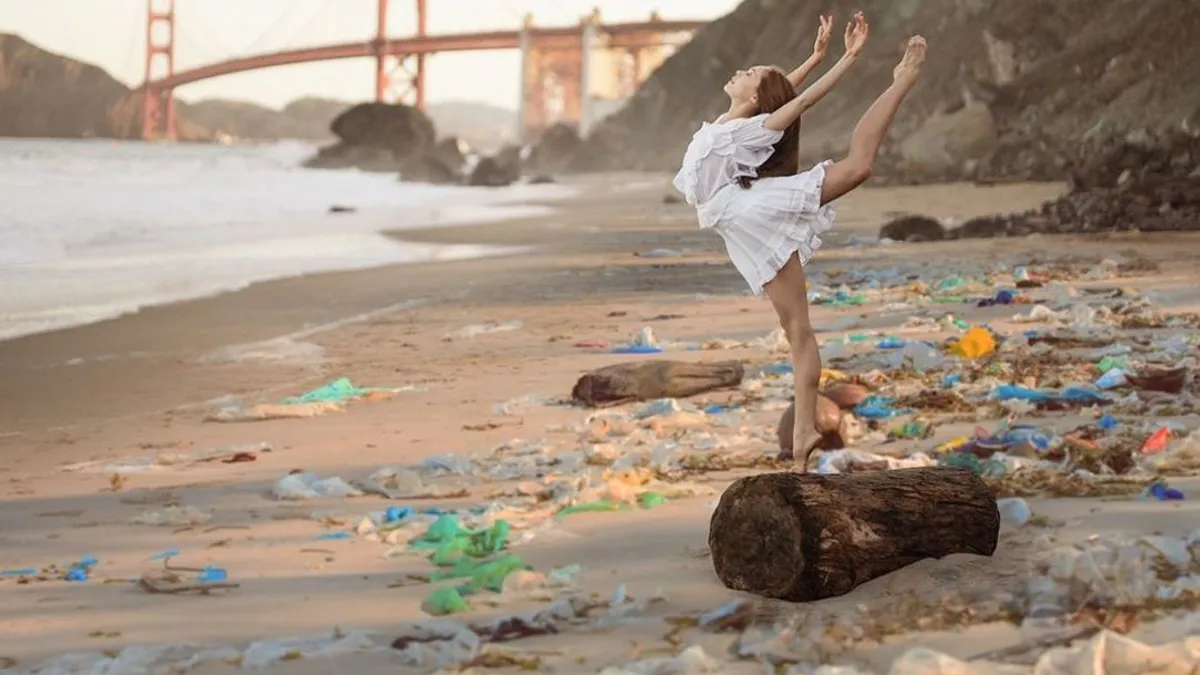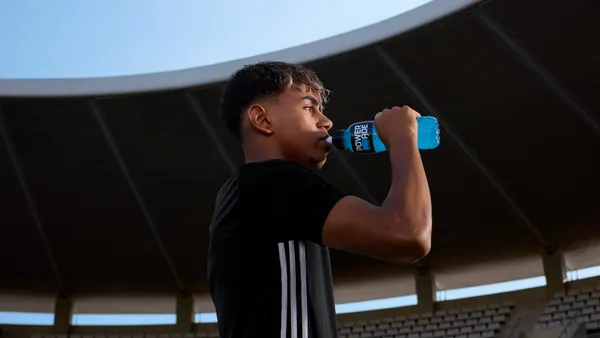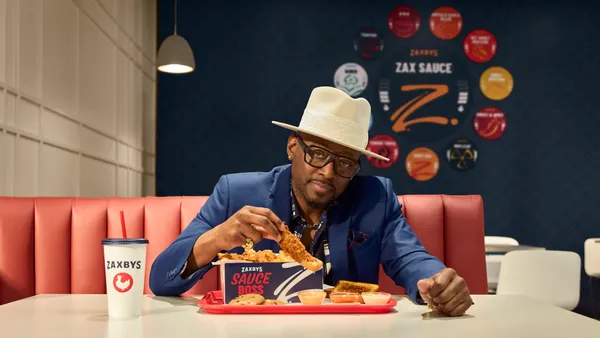Dive Brief:
- Brita's "Drink Like You Care" ad is the greenest of the year, according to a new study from Ace Metrix that was announced in a blog post. The report looks at ads with the strongest environmental messages this year. The Brita ad, which takes on plastic bottles, topped the list for delivering an inspiring and empowering message without being too preachy.
- Kohl's "Small Steps" spot, highlighting the retailer's sustainable solutions and a change in direction to implement more sustainable practices, ranked second on the list. The ad scored 21% above the retail advertising average for Ace Metrix's Change metric.
- Subaru's "Sharing Kindness," which ranked No. 3 on the list, earned the study's highest Empower score, a metric that looks at how encouraging, inspiring or motivating viewers found the message. The spot highlights how a Subaru dealership helped a real school recycle snack wrappers and turn them into a buddy bench.
Dive Insight:
With sustainability becoming a major concern for consumers, brands like Brita, Subaru and Kohl's are winning points by pushing relevant messaging to help support a greener planet. Ace Metrix indicates these companies have seen success because they offer examples of ways that they are being more green while also suggesting solutions for consumers to be more environmentally friendly.
Consumers are looking for ways to incorporate sustainability into their own lives and appreciate brands that can help make that process easier. The majority (83%) of consumers said it is extremely important for companies to design products with the intention of being reused or recycled, according to a report by Accenture. Another 72% said they buy more environmentally friendly products than a few years ago, and 81% expect that number to increase over the next five years.
While consumers appreciate companies that are embracing a more sustainable mission, brands must be careful with their messaging to ensure that they aren't overpromising or being overly simplistic about such a serious issue. Backlash from consumers that accuse brands of green-washing their efforts have the potential to hurt a brand, even if they have good intentions.
The demand from consumers for messaging around sustainability could lead some brands into touchy situations. In September, Coca-Cola launched a campaign encouraging consumers to recycle and reuse its bottles. But last week, a study by Break Free From Plastic found that Coca-Cola products are the largest source of plastic pollution in the world, followed by Nestlé and PepsiCo.
Coca-Cola was on the list last year and said it would address the problem. The company runs the risk of the new effort being perceived by consumers as an anemic attempt to remediate the situion, as the focus is on recycling. The Break Free From Plastic report calls for companies like Coca-Cola to change their focus to reusable packaging.














